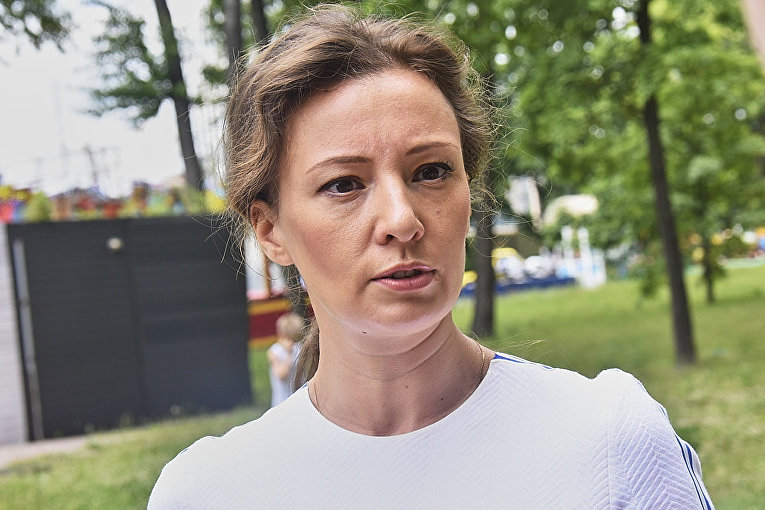MOSCOW, May 29 (RAPSI, Alena Savelyeva) – Russia’s Children’s Rights Commissioner Office has registered almost 1,600 applications on problems related to judicial protection and professional legal assistance, the press service of Ombudsman for Children Anna Kuznetsova informs on Friday.
In 2019, the number of appeals concerning judicial protection and professional legal aid grew by 37.1%, according to a report of the Children’s Rights Commissioner. The applicants sought help in overturning court rulings they believed had been contrary to the interests of minors. In such cases the applicants were briefed about respective legislative provisions. Besides, the Ombudsman on her initiative took part in civil litigations and presented her opinions in defense of the rights and lawful interests of children, the report reads.
The applications citizens addressed to regional Children’s Rights Commissioners as to their participation in in civil processes in the form of their opinions, Kuznetsova notes, are not less urgent. However, the regional Ombudsmen have no procedural right to participate in such court hearings; therefore Kuznetsova believes it necessary to amend the respective legislation to the effect that regional Children’s Rights Commissioners could on their initiative intervene in civil litigations providing their opinions so to protect and defend lawful interests of minors.
Besides, Kuznetsova urges executive authorities to continue their assistance in preparing documents necessary to return children from zones of war conflicts and organizing follow-up procedures as to the families raising the returned children.
This problem is especially difficult to settle, the report reads, as the Children’s Ombudsman, when helping to return such children to Russia, needs also to provide assistance as to compiling the full packages of all necessary documents; to fulfil this task, it is needed that a Russian court recognizes the fact of birth of a child on the basis of an application of his or her mother, if such is known and present, at that, the results of a DNA test are to be taken into attention. Given that in Russia there had been previously no respective case law, first such court rulings were very difficult to obtain, Kuznetsova observes.
According to the Ombudsman, for courts it was difficult to understand, after establishing that mothers and children, whose births were to be registered, were not present in Russia, that their positive rulings were necessary to save these children from prisons they were put in in foreign jurisdictions and transfer them to safe conditions under care of their relatives. To settle this problem, Kuznetsova met with a Deputy Chair of Russia’s Supreme Court, whereas regional Children’s Ombudsmen carried out tough work as to providing assistance to relatives of the minors in submitting necessary materials to courts and monitoring the whole process up to the issue of birth certificates and registration of minors as Russian nationals. Altogether, 61 children underwent this procedure, Kuznetsova informs.



